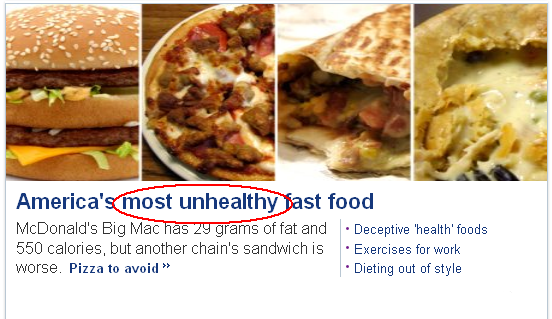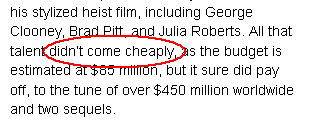A study found that grammatical errors, misspellings, and typos affect the credibility of a website. I know that they affect my view of a writer and my confidence in the writer’s ability to write accurately. When I read this headline on Yahoo! Finance‘s “The Daily Ticker” I had a hint that the writer wasn’t going to be a trustworthy source of info:

Any writer who can’t match a verb (like looms) to its subject (like, oh, say, maybe trifecta), has a credibility problem with me.
I could have overlooked the hyphen that’s missing from last-minute when it’s used as an adjective:

I might have skipped over the extra word here:

But if I had read this first, I would have stop reading then and there:

Confusing loose and lose is on every list of Top 10 Confused Words. Any professional writer should be sensitive to the difference between those words and know which one to use.
Were there factual errors in this article? I have no idea, but I wouldn’t take financial advice from this writer. Would you?













